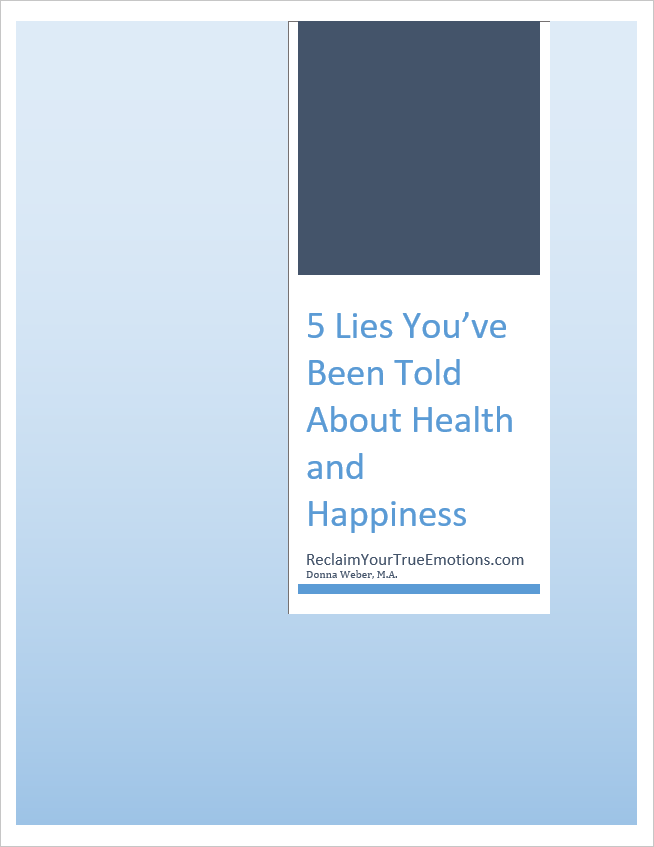Our ability to think is so important in every area of life, but can you trust your thinking?
Do you struggle to make decisions? Do you worry that you are not as mentally sharp as you once were? Is Alzheimer’s a looming fear? Are you more forgetful?
The other day I sat down and mapped out some of the things that can affect our thinking. The list was a lot longer than I expected.
Click below to see my list and some tips to keep your thinking sharp.
Some thoughts on thinking…
Sometimes we believe that our thinking happens in a vacuum. We forget that our thinking is dependent on what is going on in our bodies and our lives.
We also forget that what we call rational thinking represents only a small part of our mental power. Our conscious mind is much smaller than our unconscious mind. Paul Sheely of Learning Strategies gives this analogy: if our conscious mind is represented by a 12 inch circle, then our unconscious mind would be an 11 mile circle.
Your thinking is much more complicated than you realize.
14 reasons you can’t trust your thinking
1. Emotions from the past
Emotions color our thinking and give our thoughts meaning. If you are still feeling emotions from your past – say a childhood trauma – then you are getting inaccurate information. For clear thinking your emotions need to reflect the present moment, not past pain or future worries.
2. Illness or disease
When we are struggling with disease and even with a minor illness, we just aren’t able to think clearly. A number of issues, including Parkinson’s, infections, and cancer treatment can affect thinking. That is why it is so important to have a family member or friend to help us through these tough times.
3. Medications
A number of common medications can cloud thinking, including antibiotics, antihistamines, and sleep medication. Consumer Reports has a longer list of drugs that can create brain fog.
4. Hormones
If your hormones are out of balance, you can experience brain fog, forgetfulness, depression, lack of energy, and sleep problems.
5. Our diet
Our food can cause brain fog. When I was eating gluten, I started worrying that I was on my way to serious mental decline. Going off gluten, and eventually all processed grains, restored my thinking. Try avoiding gluten for a week to 10 days to see if it is impacting your thinking.
6. Stress
Stress can make us feel overwhelmed, unfocused, scattered, and forgetful. Even a simple decision, like what to order for lunch, can paralyze you. When I am stressed, I lose important things like my car keys. Do you have any signs that let you know you are stressed out?
7. Limiting beliefs
Your limiting beliefs about yourself can negatively affect your thinking. There are the obvious one like, “I’m not smart” or “I can’t do math”. But less obvious ones can affect your thinking, too. These include “I’m not good enough” or “I’m not deserving” or “I’m not lovable”. These color your thinking so that you do not have an accurate view of the world.
8. Over focus on rational thinking
Sometimes we can get too focused on rational thinking and ignore our intuition. Our culture discounts intuition as unreliable or “airy-fairy”. People who make good decisions employ both rational thinking and intuition. I find that when I override my intuition I end up with a decision I regret.
Your heart and your gut area both have a concentration of nerves and can be sources of intuition. You may have heard the phrases “I had a gut feeling about that” or “It was a heart-felt decision”. Sometimes you need to slow down to hear your intuition.
9. Mental illness
Depression, bipolar disorder, anxiety, obsessive-compulsive disorder, and other mental health issues can seriously affect thinking.
10. Diseases related to aging
As we get older there are many issues that affect thinking. We are most familiar with Alzheimer’s and dementia, but most of us find that our memories are not as reliable as we age.
11. Addictions
There are many cognitive errors that play a role in maintaining addictions. These irrational thoughts need to be addressed in a treatment program.
12. Habitual thinking
It is estimated that we have 60,000 thoughts a day and 95% of them are repeated every day. If we never take the time to analyze our thoughts, we are living in the past and thinking recycled thoughts.
13. Chaotic environment
If you are in a dysfunctional home or work environment with a lot of chaos, your thinking will suffer. Some dysfunctional patterns include mixed messages, passive-aggressive behaviors, and manipulation. These behaviors cause you to doubt yourself and even your sanity.
14. Lack of sleep
Last but not least, sleep is crucial to clear thinking. A lack of sleep can slow our thinking, affect our memory, and make learning difficult.
Suggestions for better thinking
As you read this list you may be wondering if anyone is thinking clearly. I share your concern. Here are a few easy ideas to help improve your thinking:
- Eat a healthy diet, move your body, and get enough sleep. When your body is healthy you think better.
- Practice some stress management exercises. Try the Relaxation Response, mindfulness, or deep breathing.
- Check in with your doctor to see if any health issues or medications are affecting your thinking.
- Practice listening to your intuition. Start with small issues until you gain confidence.
- Get involved in personal growth. Examine your thinking and your life.
- Talk with other people. Talking through your problems can help you clarify your thinking.
- Let go of limiting beliefs and emotions from the past. The poetry of emotion process can help.
If you want to learn more about letting go of the past, click on “Are you new to the site?”
Leave me a comment. Let me know what you are thinking.
(Image: John Bolland @ Flickr)



